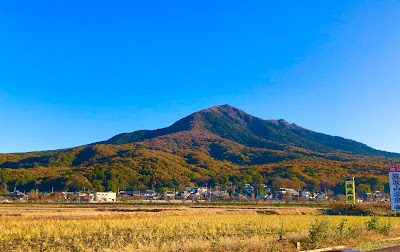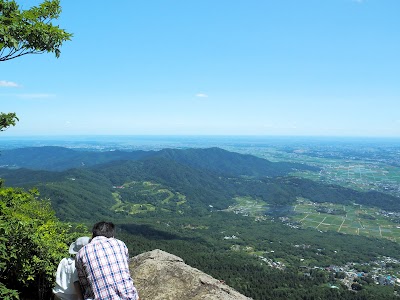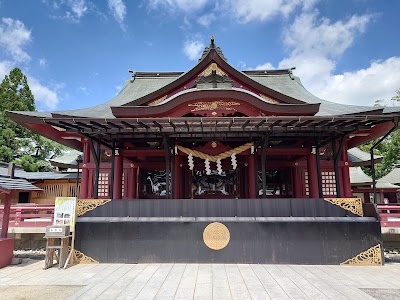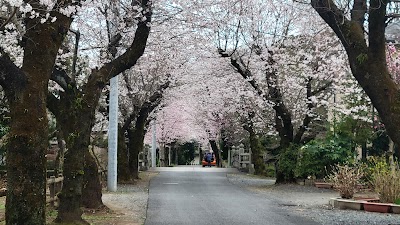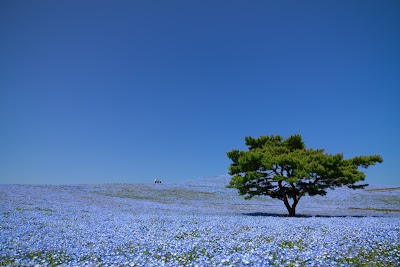Mount Tsukuba (筑波山)
Overview
Overview of Mount Tsukuba
Mount Tsukuba, known as 筑波山 in Japanese, is a prominent mountain located in Ibaraki Prefecture, just a short distance from Tokyo. Rising to an elevation of 877 meters (2,882 feet), it is one of the most famous mountains in Japan, celebrated not only for its scenic beauty but also for its cultural and spiritual significance. Often referred to as the "Twin Peaks" due to its two distinct summits—Nantai-san (男体山) and Nyotai-san (女体山)—Mount Tsukuba offers visitors a unique blend of natural wonders and rich history.
The mountain is easily accessible, making it an ideal destination for both day-trippers and those seeking a longer hiking experience. The Tsukuba Express train line connects the nearby Tsukuba City to Tokyo, allowing travelers to reach the mountain in under an hour. Upon arrival, you’ll find two main trails leading to the summits, each offering a different experience. The more challenging trail, known as the "Yokomine Trail," winds its way through lush forests and rocky paths, while the "Cable Car Trail" provides a more leisurely ascent, with a cable car taking you partway to the summit.
Natural Beauty and Outdoor Activities
As you hike or ride the cable car, you will be treated to breathtaking views of the surrounding landscape. On clear days, it’s possible to see as far as Tokyo and even Mount Fuji on the horizon. The flora and fauna around Mount Tsukuba change with the seasons, offering vibrant colors in spring and summer, stunning foliage in autumn, and serene snowscapes in winter. The area is popular for hiking, mountain climbing, and photography, making it a paradise for outdoor enthusiasts.
In addition to the stunning views, Mount Tsukuba is home to a variety of ecosystems, including alpine plants and wildlife. Birdwatchers will be delighted by the diverse species that inhabit the area, while nature lovers can explore several designated walking paths that meander through the picturesque surroundings. The mountain is also a great spot for stargazing, thanks to its elevation and minimal light pollution.
Cultural Significance
Mount Tsukuba is steeped in history and mythology, often considered a sacred site. The mountain has been revered in Japanese culture for centuries, and it is associated with various legends, including those involving the Shinto deities. At the base of the mountain lies the Tsukuba Shrine (筑波神社), a beautiful Shinto shrine dedicated to the mountain deities. Visitors can explore the shrine’s serene grounds, which feature traditional Japanese architecture, stone lanterns, and ancient trees.
The Tsukuba Shrine is not only a place of worship but also a cultural hub that hosts various festivals throughout the year. Engaging in one of these local festivals provides travelers with a unique opportunity to experience Japanese traditions, including traditional music, dances, and food stalls offering local delicacies.
Local Cuisine and Attractions
After a day of exploring Mount Tsukuba, treat yourself to some local cuisine. The region is known for its delicious Tsukuba Nabe (a hot pot dish) and Tsukuba Tofu, which is famous for its unique texture and flavor. Restaurants in the nearby Tsukuba City offer a variety of traditional Japanese dishes, as well as modern interpretations that highlight local ingredients.
In addition to the mountain and its shrine, visitors can explore the nearby Tsukuba Space Center, where Japan’s space exploration efforts are showcased. The visitor center offers exhibitions and experiences related to space science, making it a fascinating stop for those interested in technology and innovation.
Final Thoughts
Mount Tsukuba is a vibrant blend of natural beauty, cultural heritage, and outdoor adventure. Whether you’re a seasoned hiker, a cultural enthusiast, or simply seeking a peaceful retreat from the bustling city life, this remarkable destination has something to offer everyone. With its stunning landscapes, rich history, and accessible location, Mount Tsukuba is a must-visit for travelers looking to experience the true essence of Japan.


